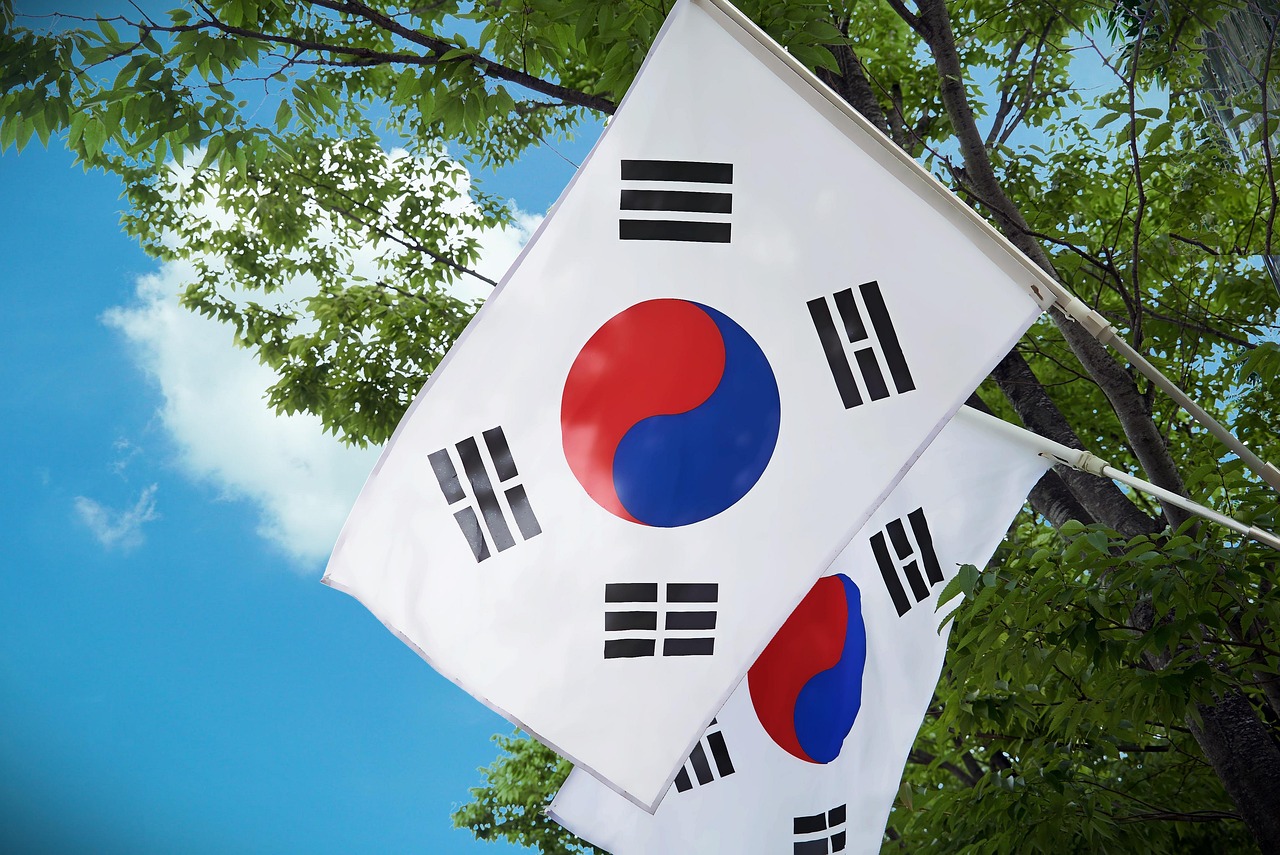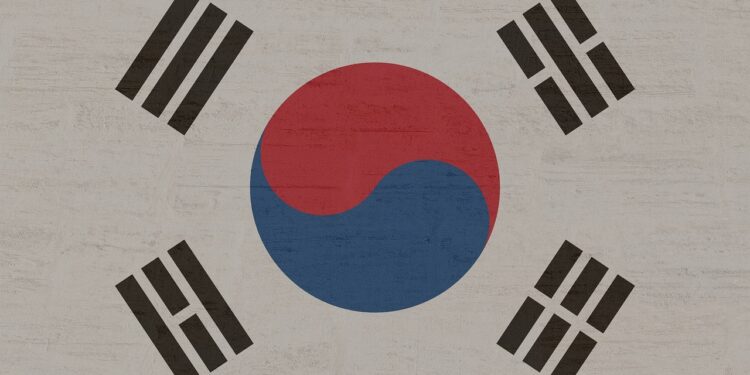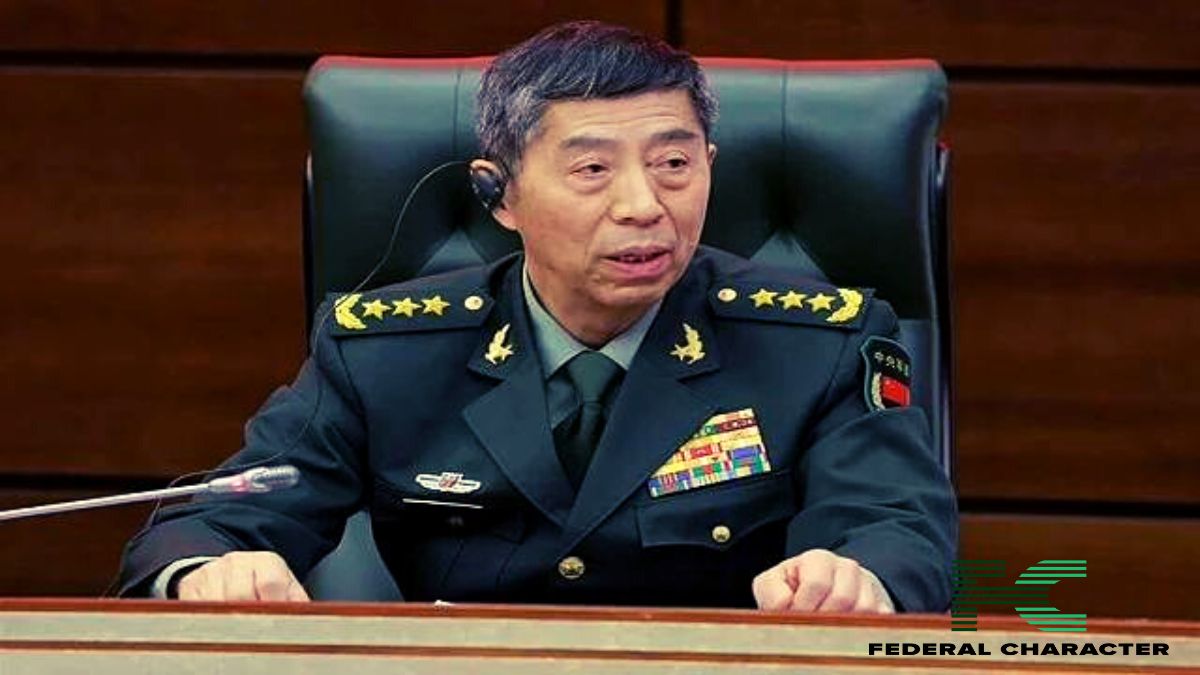In a courtroom drama that has gripped the nation, South Korean prosecutors have demanded a crushing 15-year prison sentence for former Prime Minister Han Duck-soo, revealing shocking new details about a single December night that could end the political career of the powerful elder statesman.
The special prosecutor’s office argued that a severe punishment for the 76-year-old former leader is “inevitable to prevent such an unfortunate history from being repeated,” framing the case as a critical juncture for the nation’s democracy. While the charges remain sealed from public view, the prosecution alleges Han failed in his constitutional duty as the “second-in-command in state affairs,” allowing a catastrophic abuse of power to unfold.
In an emotional defense, Han admitted he was “shocked beyond words” and described the fateful night as “the ground crumbling off a cliff.” While expressing profound regret, saying “I fell short” and “I must bear that pain until the day I die,” the former PM vehemently denied the core accusation that he aided the alleged scheme.

The January 21 ruling will be the first in a series of explosive trials connected to the scandal, directly setting the stage for the upcoming trial of former President Yoon Suk Yeol, who faces even more severe potential penalties. The case pits the narrative of a failed constitutional guardian against that of a horrified witness to an unfolding crisis, with the nation’s political future hanging in the balance.
Why It Matters
The prosecution’s demand for a 15-year sentence for an elderly former PM isn’t just about punishment—it’s about making a brutal example. They are putting the entire political establishment on notice.
Han’s defense—that he was a “shocked” bystander to events—strains credibility for a man who served under five presidents. His claim of being a helpless witness at the moment of crisis directly contradicts his role as the nation’s second-in-command, whose job was precisely to prevent such constitutional breakdowns.
The court now faces an impossible choice: become a rubber stamp for a political vendetta or legitimize a dangerous precedent that top leaders bear no responsibility during national crises. Either way, the verdict will tear open the country’s deepest political wounds and decide whether the old guard can survive the reckoning they’ve long avoided.

















